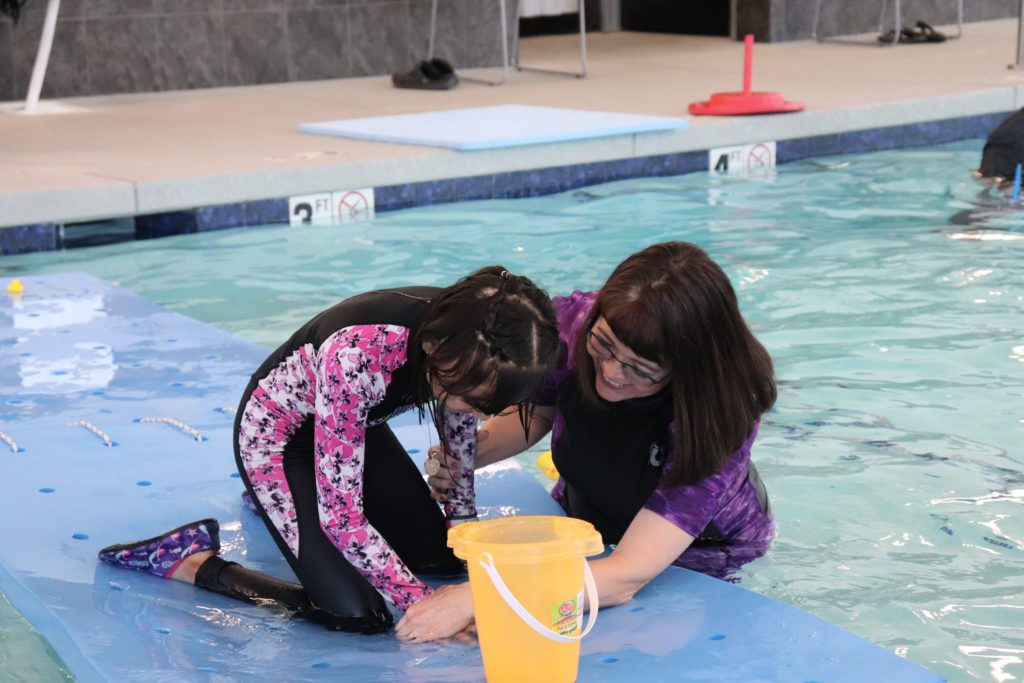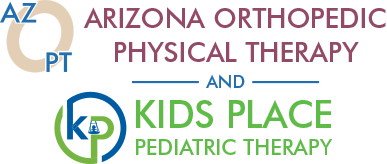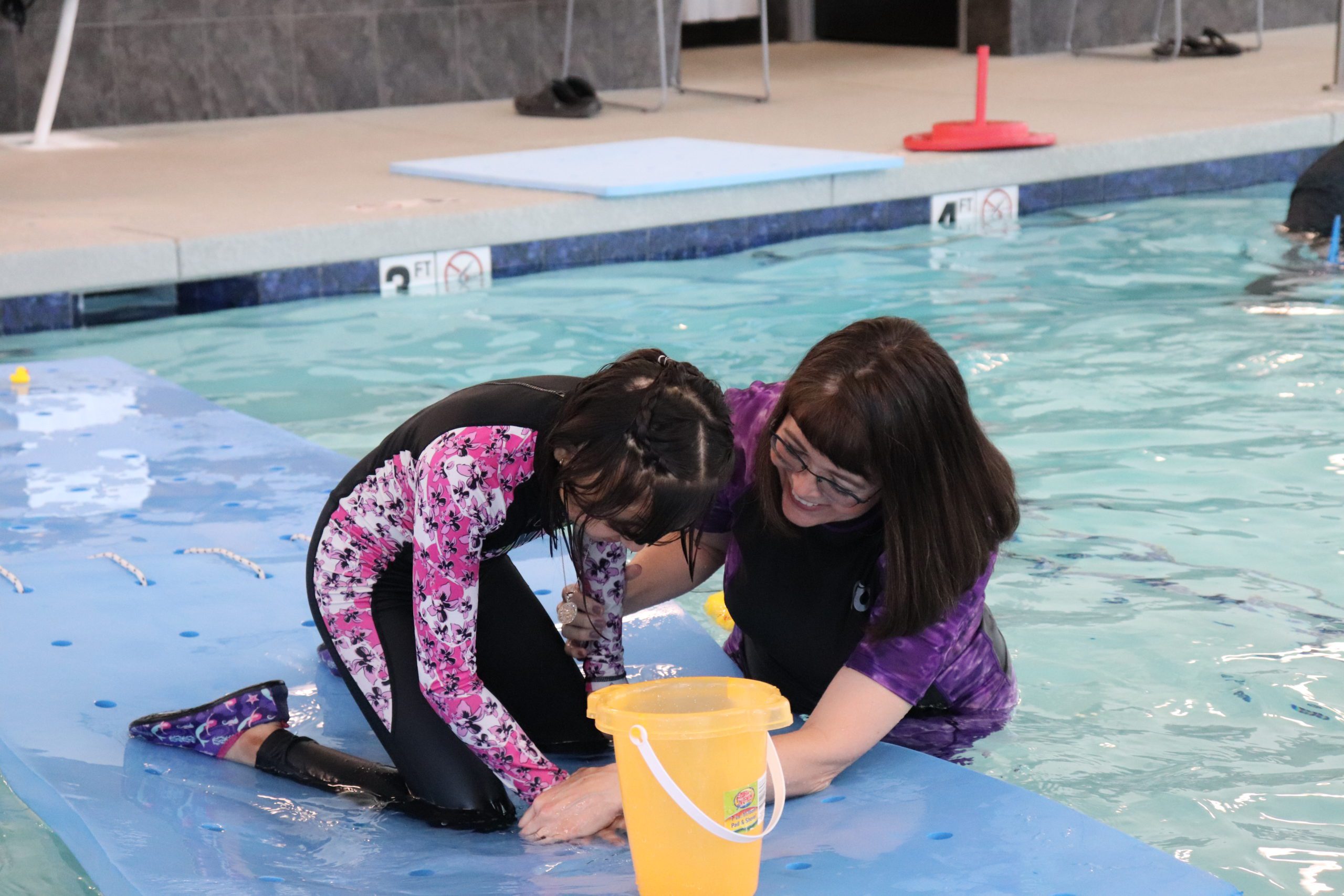
Potential Benefits of Aquatic Therapy for Specific Diagnoses
by Morgan Wilhelm, Student Physical Therapist
Below we look at specific diagnoses that have benefitted from participating in aquatic therapy. This is, of course, not an exhaustive list. There are many adults and children who can benefit from therapy in an aquatic environment. Follow this link for more information on other benefits. In this blog, we will focus on the benefits of aquatic therapy for Autism Spectrum Disorder, Cerebral Palsy, and Neuromuscular disorders.
Autism Spectrum Disorder
- Improved water safety skills found after just 8 hours of intervention
- Increased physical activity
- Improved cardiorespiratory functioning
- Increased muscular strength and endurance
- Improvement on Child Autism Rating Scale (CARS) items, including emotional response, adaption to change, and verbal communication
- Improvement on Vineland Adaptive Behavior Scales (VABS) subscales of Communication, Daily Living, Social Abilities, and Motor Skills
- Increase in scores on Humphries’ Assessment of Aquatic Readiness (HAARS) for all 5 stages of the checklist (mental adjustment, introduction to water environment, rotations, balance and control, and independent movement in water)
Cerebral Palsy
- Improvements in gross motor skills per increase in score on GMFM outcome measure
- Improvements in walking speed and distance walked
- Significant changes on COPM (Canadian Occupational Performance Measure) with improvements in standing, walking, sit-to-stands, and running skills
- Improved TUG (timed up and go) outcome measure scores
- Decrease of pain and impact of disability per CPQOL-parent report
Quotes from focus groups and semi-structured interviews with parents of children with CP who participated in Aquatics:
- “. . .my son used to arrive tense, and that stiffness was gone once he came out of the water. . .”
- “. . .the child needs a lot of stimulation, the only time she focuses her attention is in the water.”
- “. . .the greatest change has been her balance [d410 and d415]. She has completely changed, she is much better. . . we notice that she does not fall as much as she did before. . ..
- “. . .he already practices games that previously he couldn’t perform and which he didn’t want to perform with others. Before, he had great limitations for playing with other children.”
- “. . .aquatic therapy can influence the family relationships. . . when her sister comes, she emerges from therapy happy, more active, as she has collaborated with her.”
Neuromuscular Disorders
- Improvements in respiratory function:
- including inspirational volume and O2 saturation
- Increases in peak cough flow and expiratory pressures
- Improvements in Peds Quality of Life (PedsQL) Scale in all 3 dimensions of disease, communication, and family functioning
- Improvements in the Pediatric Evaluation of Disability Inventroy (PEDI) for all dimensions of self-care, mobility, and social function
If you think your child can benefit from aquatic therapy, please talk to your pediatric physical therapist or call us to schedule an evaluation!







